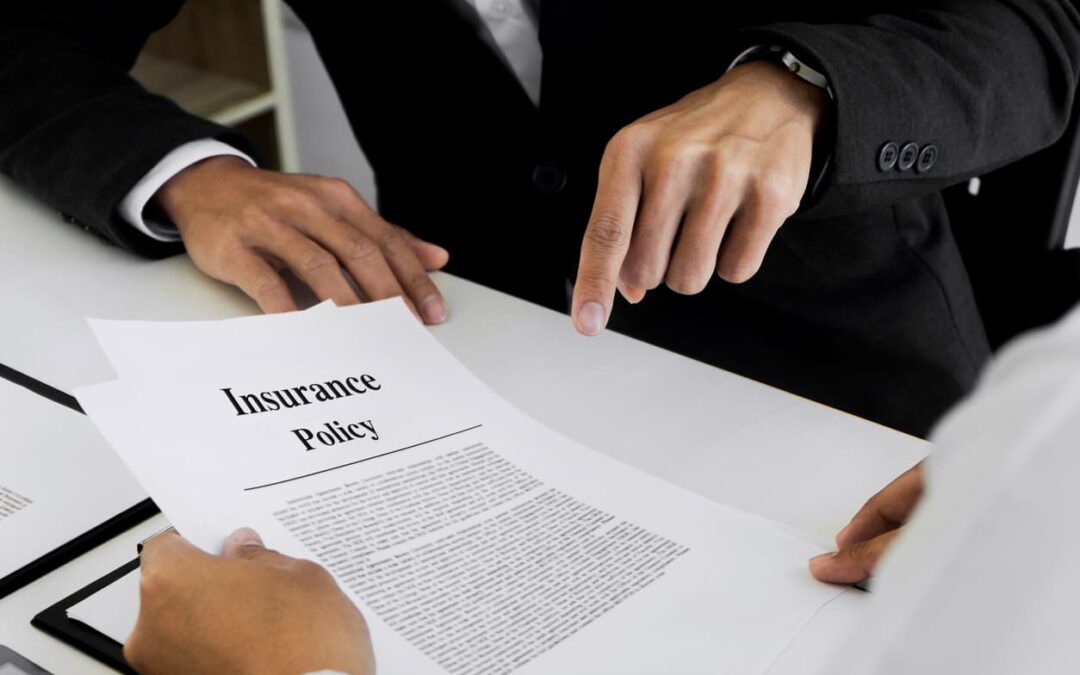Learn which policy does what and how businesses can benefit from adding optional coverage
There are three things no business wants to lose: money, customers, and reputation. And the risk of waving goodbye to all three simultaneously is greatly increased when owners don’t have some form of liability insurance in place.
Some businesses don’t despite the risks, and some may even be operating this way despite their states’ laws. This can be particularly dangerous for small businesses, where even a single negative incident could lead to permanent closure. We recommend that every business checks with their state authorities to learn which insurance policies they should possess.
Exactly what form of insurance will deliver the necessary protection against operational and liability risks is a big question. This guide spotlights two of the most popular coverage options—commercial general liability and business owners insurance—to help you choose for your organization.
How commercial general liability work
Commercial general liability delivers a lot for the money and, like any other policy, can be expanded as a business’s needs dictate. Here’s a rundown of what it can pay out for:
Legal fees and settlement costs related to personal and advertising injury
It’s important to note that both those classifications only apply if your business causes them to others, not if they’re done to you. Commercial general liability can help to pay legal fees and settlement costs needed for a resolution.
The definition of personal injury is not solely physical. Any emotional or mental harm also counts, as does damage to someone’s reputation that can be tied back to a business.
Being in business entails advertising goods and/or services. This is necessary to get noticed, but it can also be a liability minefield. Advertising injury can occur as a result of a business’s promotions that may cause copyright infringement, libel or slander by making defamatory or derogatory claims about a competitor, invasion of privacy (like using a customer’s face or property for promotional purposes), or the misappropriation of an advertising concept.
Bodily Injury
The related medical payments for any physical injury your business allegedly causes someone (directly or through negligence) can quickly reach tens of thousands of dollars or more. Commercial general liability can help cover the related payments.
Covered loss
This is simply anything a business is protected against under its policy. The obvious but often underestimated flip side of this is that uncovered losses exist. Every business should speak to their insurance provider to be very clear on what they’re guarded against and vulnerable to.
Property damage
Some businesses may cause unintentional damage to a customer’s property. Commercial general liability can offset some or all of that cost, depending on how bad it was.
It’s clear that commercial general liability insurance delivers a lot of protection that may be enough to satisfy some business owners. However, they shouldn’t sign up before considering the alternative.
How a business owners policy works
This coverage delivers all the benefits of commercial general liability insurance while adding some extra aspects. One example is stronger vehicular insurance. Business owners’ policies can protect against incidents related to vehicles a business owns or has rented to provide goods and/or services.
These policies also provide protection for a business’s property, including equipment and building(s), provided a structure belongs to them. Theft, vandalism, and other forms of damage or loss may be covered.
Arguably the most important extra benefit of a business owners policy is a safeguard against data loss. Data is currency in our cybercentric economy, and today’s internet-connected criminals know it. Cybercrime rose 600% in recent times, with as many as 58% of malware attack victims being small businesses and only half of IT professionals believing their organization is adequately prepared.
Data loss can be devastating in terms of financial and reputational loss, which can cripple even big businesses and end smaller ones. A business owners policy can provide some financial protection against the fallout from cybercrime, though it is not a replacement for a dedicated cyberinsurance policy.
This is because business owners policies also cover incidents related to employee dishonesty, which takes many forms and represents a $400 billion annual loss for American companies. This can be a tough reality for employers who’d like to think their workers would never do something malicious. But many other businesses who became statistics thought the same.
Remember that while a business owners insurance policy might financially help businesses with some forms of data loss, it won’t protect them in terms of liability. So, check out our cyber liability blog for details on added security there. As with all kinds of insurance, it pays to carefully assess your risks and speak to a reliable expert who can help your business put the necessary protection in place.
Speak to NICRIS for deeper insurance insight
The efficacy of any insurance policy can rely heavily on an individual’s circumstances. The same applies to businesses. Your profession may significantly affect the required insurance, which is why it’s important to speak to professionals to make sure you’ve got the best policy in place.
Either of today’s spotlighted policies may be right for you—or perhaps blending one with other standalone policies would create the best protection. The NICRIS Insurance team is here to provide a free, personalized review, or you can simply contact us with any questions.

